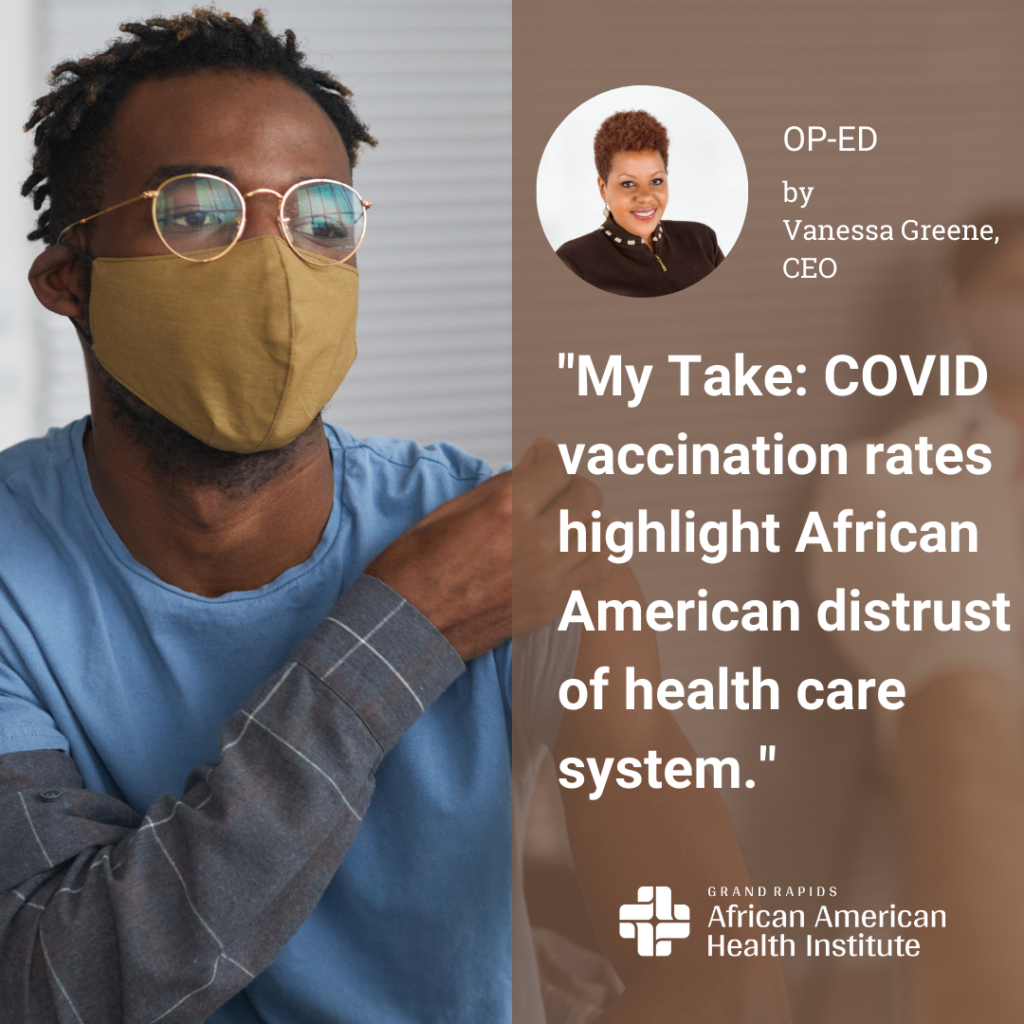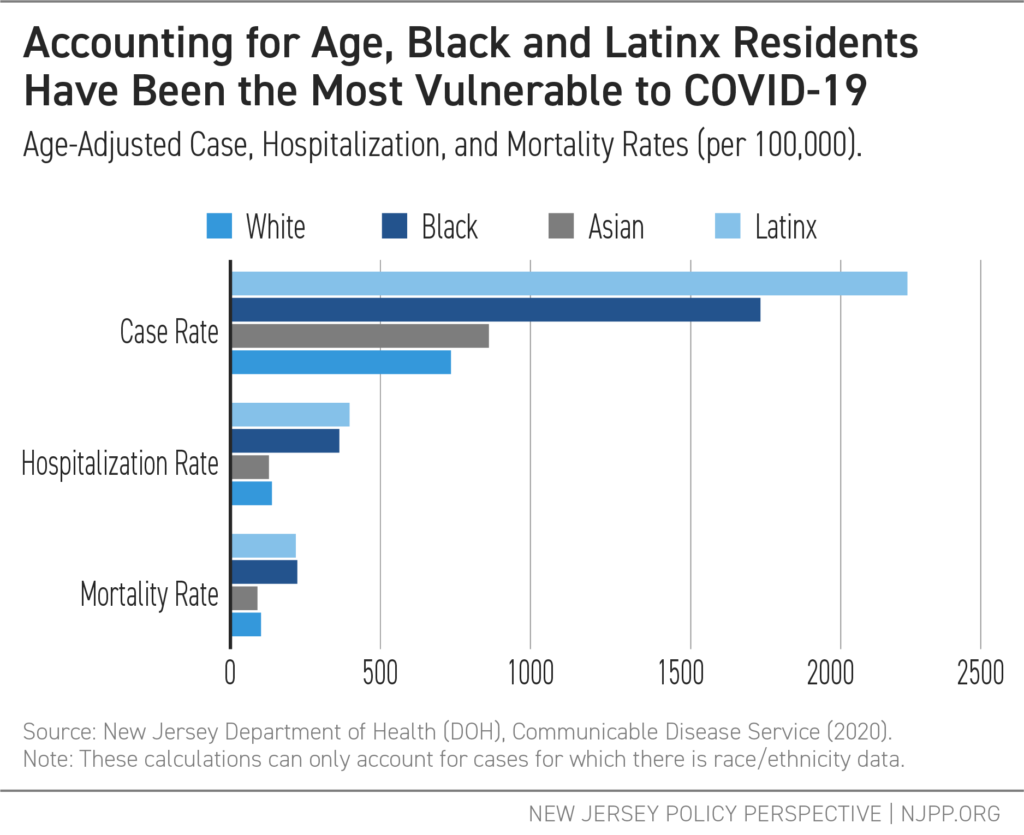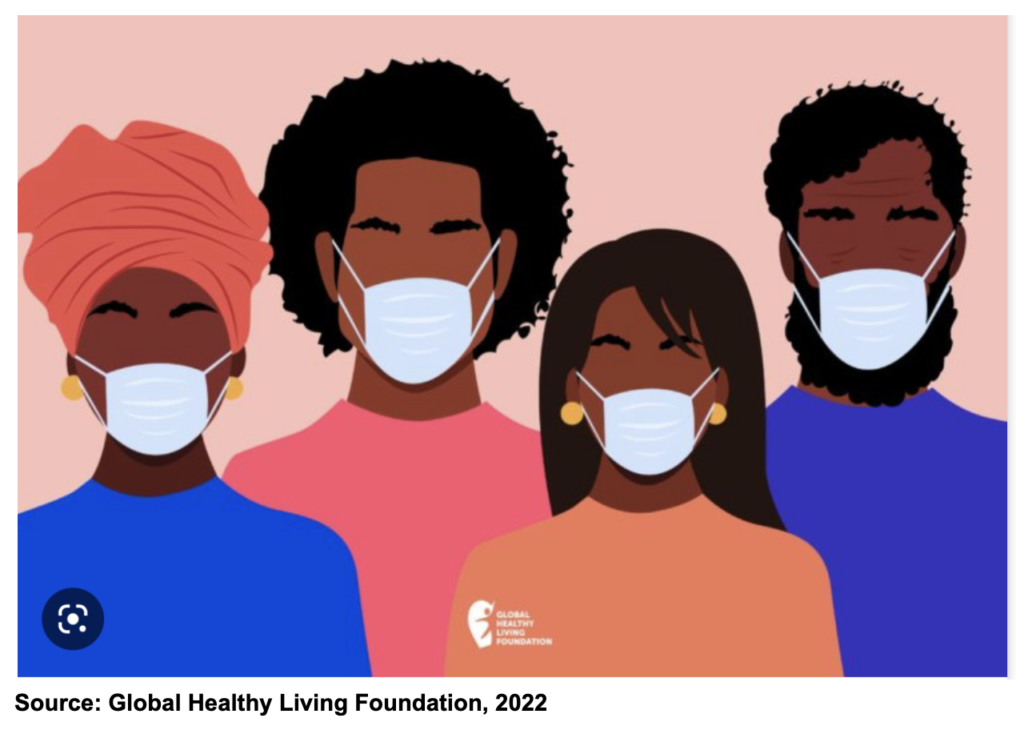COVID-19
What is COVID-19?
- COVID-19 (coronavirus disease 2019) is a disease caused by the virus SARS-CoV-2. It often causes respiratory symptoms, but can also affect other parts of your body, besides your lungs and respiratory system.
- It is very contagious and spreads quickly from person to person through droplets that you project out of your mouth or nose when you breathe, cough, sneeze, or speak.
- Most people with COVID-19 have mild symptoms, but some people become severely ill and even die.
symptoms
Symptoms may appear 2-14 days after exposure to the virus. Anyone can have mild to severe symptoms:
- Fever or chills
- Cough
- Shortness of breath or difficulty breathing
- Fatigue
- Muscle or body aches
- Headache
- New loss of taste or smell
- Sore throat
- Congestion or runny nose
- Nausea or vomiting
- Diarrhea
Risk Factors
- Exposure to someone who has tested positive for COVID-19
Being unvaccinated
Those at risk for severe illness from COVID-19 include:
Older adults (50 years old or older) - Those with underlying medical conditions such as chronic kidney disease, chronic obstructive pulmonary disease (COPD), heart disease, diabetes, or obesity
- The immunocompromised
Those with moderate to severe asthma
Ways to Prevent
- Wear a mask when indoors or in large crowds.
- Wash your hands or use hand sanitizer where soap and water are not available.
Get vaccinated against COVID-19. - Vaccines are highly effective at preventing severe illness, hospitalizations, and death.
- Stay at least 6 feet away from people who are sick.
screening/treatment
Medications to treat COVID-19 must be prescribed by a health care provider. Treatment is most effective when started within days after you first develop symptoms
Types of treatment:
- Antiviral treatments- target specific parts of the virus to stop it from multiplying in the body, helping to prevent severe illness and death. Treatment can be taken at home by mouth or by IV at a healthcare facility.
- Monoclonal antibodies- help the immune system recognize and respond more effectively to the virus. Treatment is by IV at a healthcare facility.
- Talk to your primary care provider- they should be able to give you up to date information on COVID-19 and make appropriate vaccination recommendations.
- If you are feeling symptoms, get tested.
- If you test positive, contact your primary care provider. They will tell you the appropriate steps to take based on the severity of your symptoms.

what is long covid?
Most people with COVID-19 get better within a few days to a few weeks after infection. Some people who contract COVID-19 experience long-term effects from the virus. This is known as Long COVID or post COVID conditions. Long COVID includes a range of ongoing health problems that can last weeks, months, or years.
Statistics:
- At 1 month or longer after infection, 13.3% of people experienced post-COVID conditions
- At 6 months, more than 30% of people who were hospitalized for COVID-19 experienced post-COVID conditions
Symptoms
- General symptoms:
- Tiredness or fatigue that interferes with daily life
- Symptoms that get worse after physical or mental effort (also known as “post-exertional malaise”)
- Fever
- Respiratory and heart symptoms
- Difficulty breathing or shortness of breath
- Cough
- Chest pain
- Fast-beating or pounding heart (also known as heart palpitations)
- Neurological symptoms
- Difficulty thinking or concentrating (sometimes referred to as “brain fog”)
- Headache
- Sleep problems
- Dizziness when you stand up (lightheadedness)
- Pins-and-needles feelings
- Change in smell or taste
- Depression or anxiety
- Digestive symptoms
- Diarrhea
- Stomach pain
- Other symptoms
- Joint or muscle pain
- Rash
- Changes in menstrual cycles
Those at a high risk of experiencing Long COVID include:
- Those that had severe COVID-19 illness, especially those who were hospitalized or needed intensive care
- People who had underlying health conditions prior to COVID-19
- People who are not vaccinated against COVID-19 and become infected
Prevention:
Get vaccinated against COVID-19- people who are vaccinated and experience an infection are less likely to report post-COVID conditions
Treatment:
Currently, there are no immediate answers or solutions for treating Long COVID. Talk with your healthcare provider to find out the best way to manage your symptoms.
STATISTICS FOR PEOPLE OF COLOR

- African Americans are 2.3 times as likely to be hospitalized for COVID-19 than Whites people.
- African Americans are 1.7 times as likely to die from COVID-19 than White people.

Learn more about the Stats at GRAAHI's Health Equity Index
Links, Tools, Resources
- Coronavirus Self Checker from the CDC: (under the heading “Feeling Sick”) https://www.cdc.gov/coronavirus/2019-ncov/symptoms-testing/coronavirus-self-checker.html
- Find free masks (N95): https://www.cdc.gov/coronavirus/2019-ncov/your-health/free-masks.html
- Find COVID-19 vaccines: https://www.vaccines.gov/search/
Grand Rapids/Kent County/Michigan Resources
https://www.grandrapidsmi.gov/COVID-19
https://covidactnow.org/us/metro/grand-rapids-kentwood_mi/?s=43883132